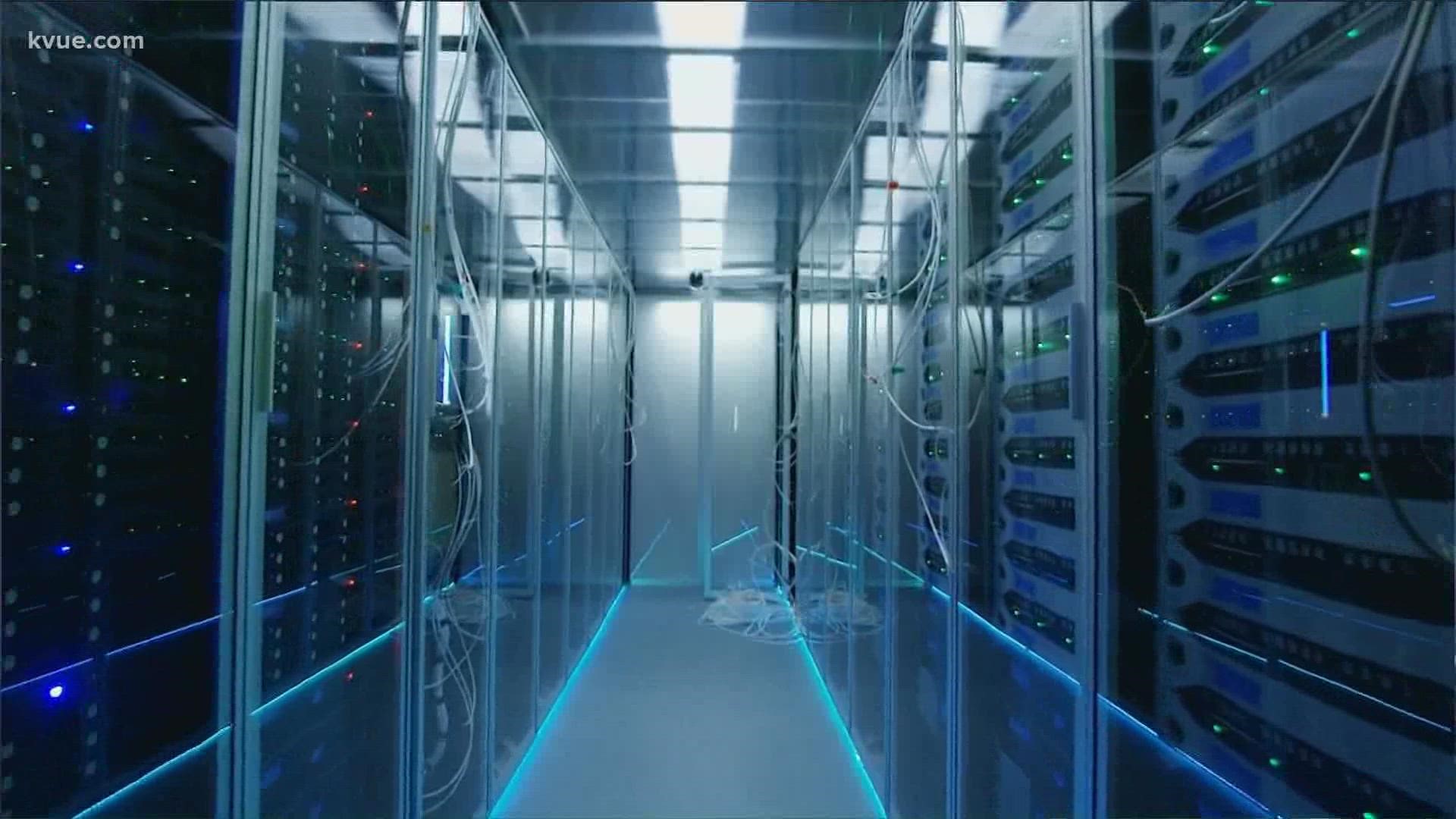AUSTIN, Texas — The use of unregulated cryptocurrency like Bitcoin during Russia's invasion of Ukraine is a double-edged sword.
The point of cryptocurrency is to have a form a money unregulated by the government.
"Ukraine's financial system is obviously in shambles," said Cesare Fracassi, University of Texas associate professor of finance and director of the Blockchain Initiative. "All the banks are closed, the ATMs are closed and, therefore, there is no way for people to access their financial resources."
Thanks in part to social media, people have donated about $12 million worth of cryptocurrency to the Ukrainian government. Some of those donations come from crypto miners in Texas.
At the same time, Ukraine and the U.S. are asking crypto users not to send currency to Russian users.
The unregulated system could be used as a way around current banking sanctions against Russia, according to President of Texas Blockchain Council Lee Bratcher.
"Because it is a decentralized technology, there's no way we can stop Russians from using it, Russian citizens or the Russian government," said Bratcher.
Bratcher said while most of Russia's economy flows through traditional banking systems that are already sanctioned, it is unknown just how much crypto it has. He said the country does not publicize much of its activity in the crypto space.
"It is possible that Russia has begun to accrue some new bitcoin and other crypto assets in their treasury through various means of bribery and taxes," Bratcher said.
Still, it's unlikely it is sitting on enough crypto assets to support the entire country.
For individuals, Fracassi said people in both Ukraine and Russia are trying to save the value of their money as it continues to plummet.
"Both in Russia and Ukraine, people are taking their deposits and transform it into cryptocurrencies, especially stable coin cryptocurrencies, because that's a way for them to perceive the value," said Fracassi.
Right now, cryptocurrency is not part of the sanctions, but Fracassi said while it is extremely hard for the government to track crypto exchanges, it isn't impossible.
"If we believe that we're using cryptocurrencies to finance illegal or terrorism activities, then obviously you're going to be prosecuted," said Fracassi.
Bratcher said cryptocurrency is becoming more popular every day. Right now, approximately 8% of the global Bitcoin hashrate is in Texas, and they expect it to increase to 20% by 2023 – and that's just in Texas. Bratcher said if we are in this position 10 years from now, the U.S. and Western countries will have to get more creative with the sanctions.
"In the years and decades to come, the U.S. government and Western governments as a whole will need to work really closely with the crypto community and the Bitcoin community on understanding how these networks work and understanding how to best target sanctions in order to eliminate the kind of behavior that we're wanting to eliminate and actors like Russia and Putin," said Bratcher.
PEOPLE ARE ALSO READING:

